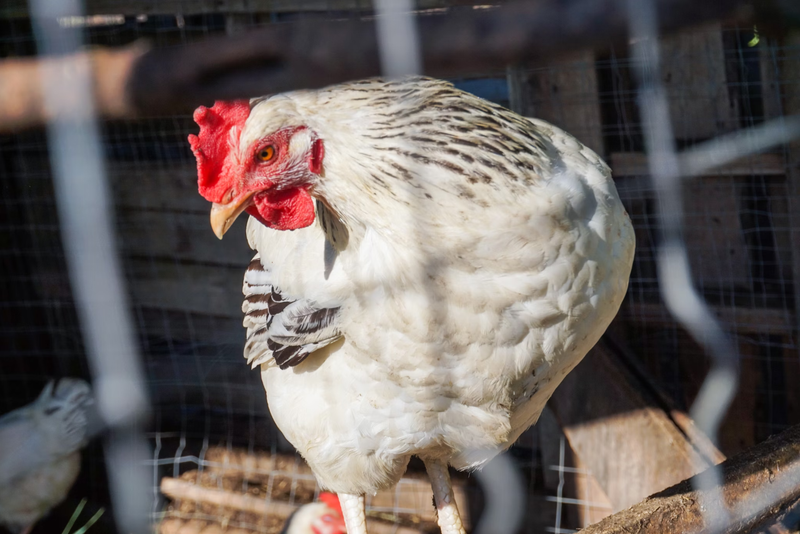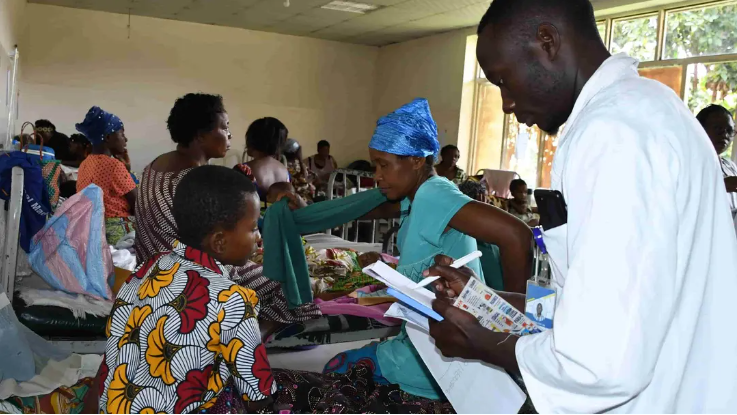Study: APOE4 Homozygosity 'Almost Guaranteed' to Cause Alzheimer's
A study published in Nature Medicine on Monday reports that individuals with two copies of the APOE4 gene are 'almost guaranteed' to develop Alzheimer's — if they live long enough....
0:00
/1861
Facts
- A study published in Nature Medicine on Monday reports that individuals with two copies of the APOE4 gene are 'almost guaranteed' to develop Alzheimer's — if they live long enough.1
- Most Alzheimer's cases currently do not have an identifiable cause, with those carrying two copies of the APOE4 gene now believed to make up 15-20% of all cases but just 2-3% of the general population.2
- The study found 'almost all' of those with APOE4 homozygosity — the carrying of two identical genes — had more Alzheimer's biomarkers at age 55. By age 65, 75% had positive amyloid scans, proteins linked to neurodegeneration.3
- There are three variations of the APOE gene that humans can carry: APOE2, which is thought to protect against Alzheimer's; APOE3, which is neutral; and APOE4, which researchers say should be seen as an inherited form of the disease.4
- The study looked at 3,297 brains and data from over 10K people in Alzheimer's studies. The evidence has led scientists to focus on developing targeted screenings and interventions for those whose Alzheimer's is due to APOE4.5
- APOE4 risk levels differ between ethnic groups, with the study focusing on those of European descent. Alzheimer's treatments on the market, such as Leqembi, can cause life-threatening side effects in APOE4 patients at an elevated rate.2
Sources: 1reuters.com, 2New York Times, 3Nature, 4CNN and 5Euronews.
Narratives
- Narrative A, as provided by Bloomberg. While frightening on the surface, this news is a boon to Alzheimer's researchers' efforts to find a cure. The identification of APOE4 as a singular cause of the disease in some individuals will unlock new treatments and spur research toward some of the most serious manifestations of the disease, such as early-onset Alzheimer's.
- Narrative B, as provided by Los Angeles Times. While this is promising research, we can't rely on genetics to solve the disease. Researchers are strongly warning people against APOE4 testing, as the fatalism could cause despair in patients. The scientific community should focus on proven, non-invasive lifestyle treatments, including diet and exercise.







